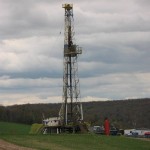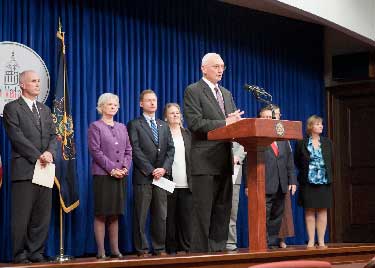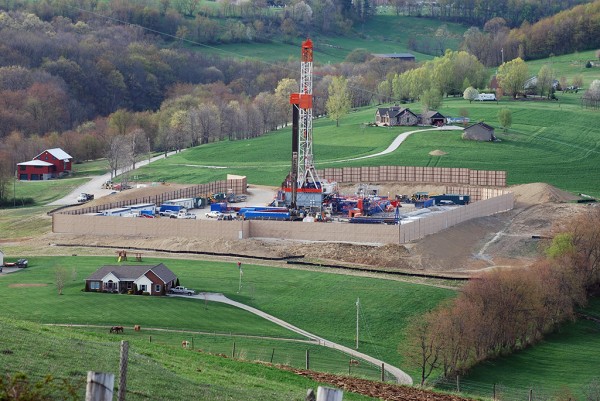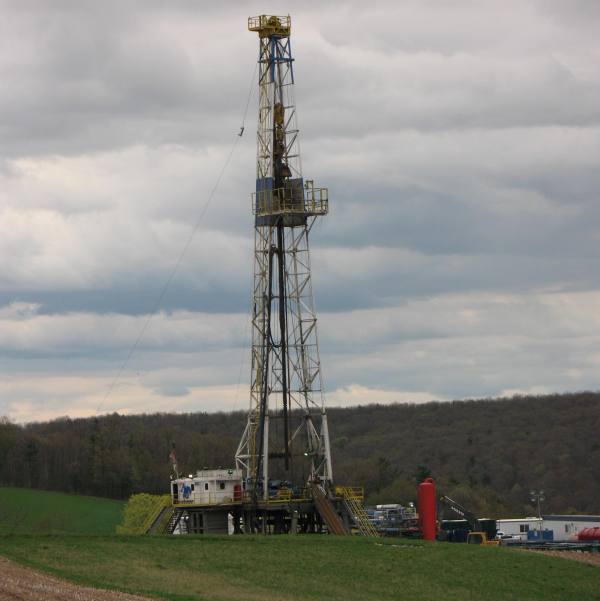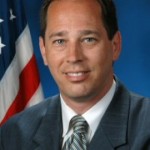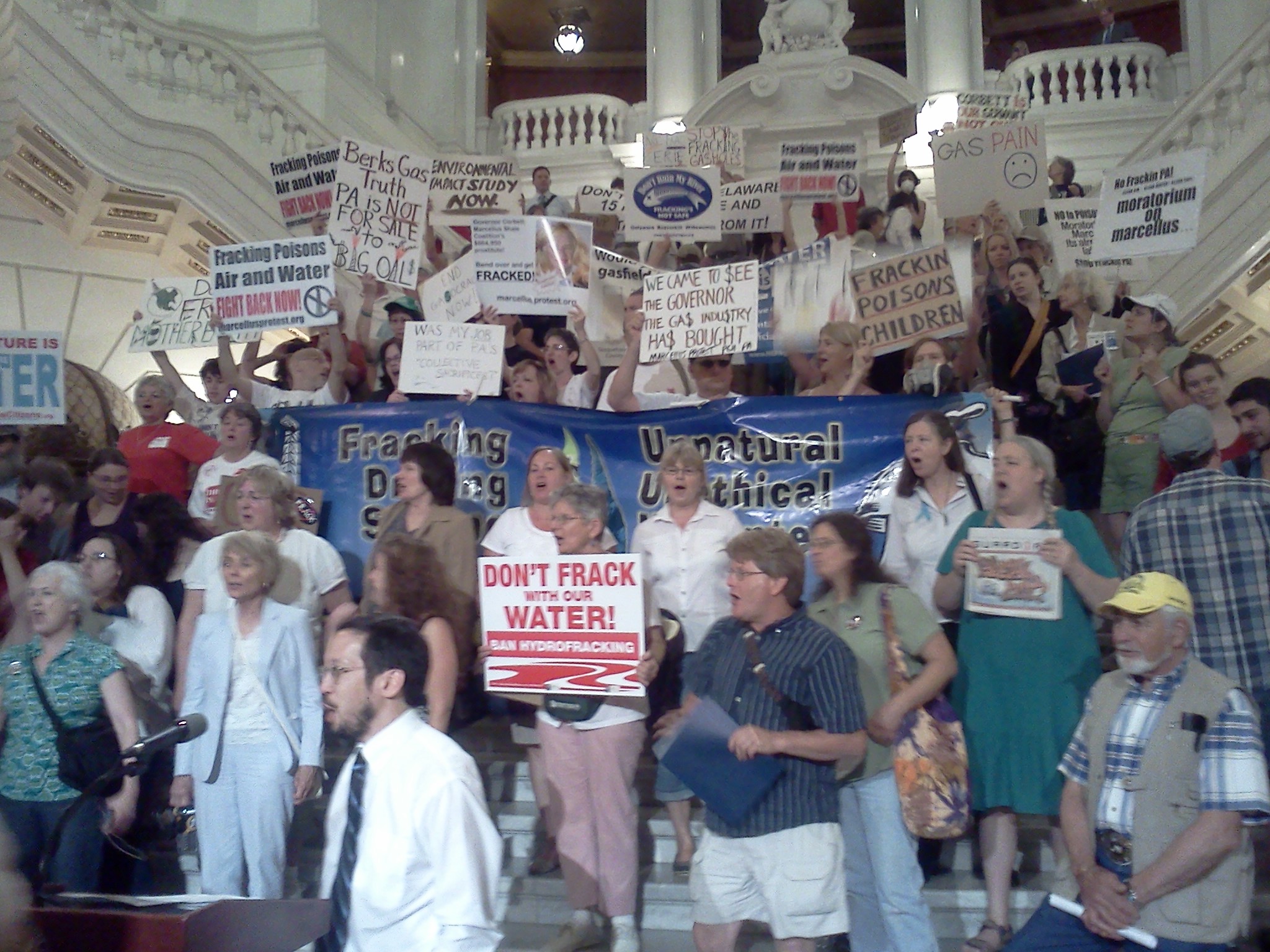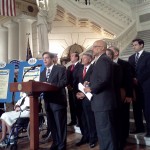
It’s been three years of discussion and debate, but there’s been no comprehensive action on Marcellus Shale issues in Harrisburg. Now with a series of consensus recommendations from the governor’s Marcellus Shale Advisory Commission in hand, the Pennsylvania Environmental Council (PEC) is calling for a special session this fall. “We feel that there is now no reason not to enact these changes to the Oil and Gas Act,” says John Walliser, the PEC’s vice president for legal and governmental affairs.
The Pennsylvania Environmental Council was represented on the 30-member commission, and participated in the unanimous vote in favor of the 96-recommendations. “If you have the agreement among the different members participating on the report, we think there is every reason to get those enacted as soon as possible,” Walliser says.

State Rep. Bud George
Agreeing with the PEC’s call for a special session is State Rep. Camille “Bud” George (D-Clearfield), the minority chairman of the Environmental Resources and Energy Committee. George says the commission’s recommendations are a good first step, but too vague. “The commission gives us too many feel-good, unspecific generalities,” George said in an interview with Radio PA.
Rep. George has introduced legislation (HB 1800), which combines environmental protections with a Marcellus Shale severance tax. It contains a number of recommendations made by the Marcellus Shale Advisory Commission. “But I make the land and water safeguards stronger,” George says.
George is proposing a volume-based severance tax, which directs revenues toward local governments, environmental programs and infrastructure repair. The bill, dubbed ProtectPA, would tax natural gas companies 30-cents per every 1,000 cubic feet of natural gas severed. It has the support of top House Democrats, but will likely not be considered, because it is a tax.
“I’m not against the gas people, and I mean that from the bottom of my heart,” George says. But, the veteran lawmaker adds that his main concern is protecting Pennsylvania’s water.
Governor Tom Corbett has said he would not sign a severance tax, but has left the door open for an impact fee. The commission’s 137-page report recommends such an impact fee, which would mitigate the impacts caused to local municipalities by natural gas drilling.




